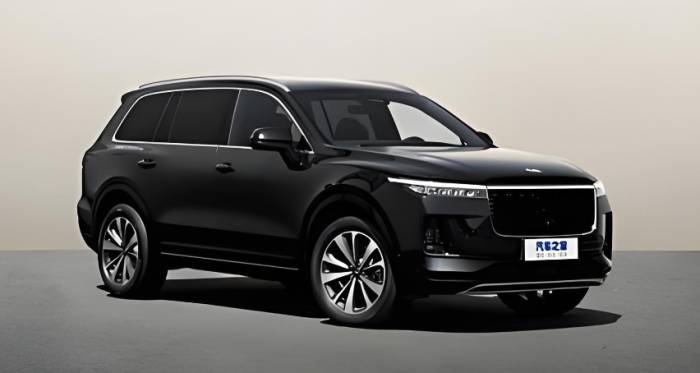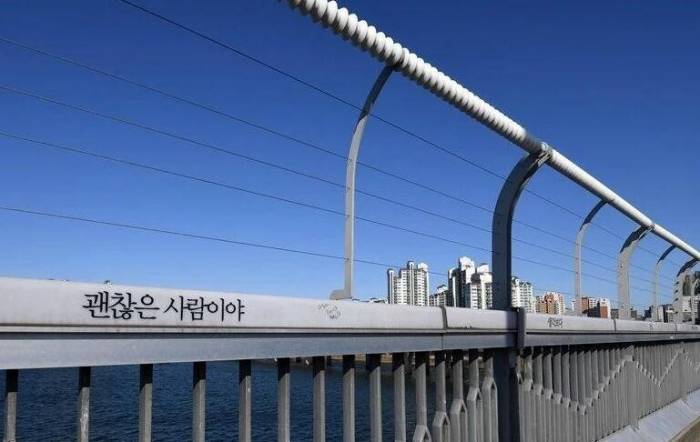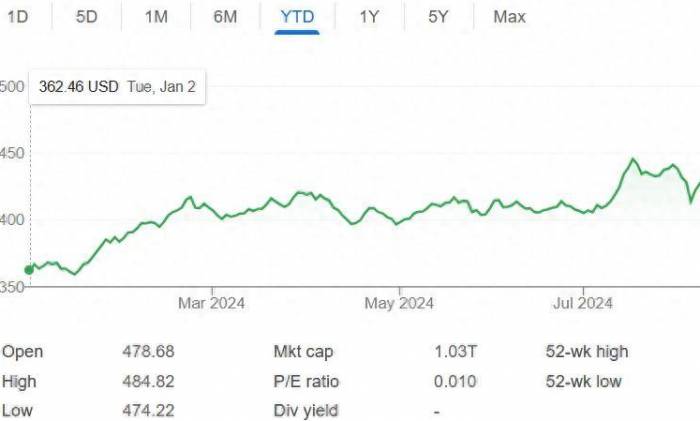Summarizing the past year in the automotive industry with a single word: dire. The year 2023 has been a historical turning point for China's automotive sector. Market competition has intensified, and profit margins have shrunk. The cancellation of subsidies for new energy vehicles at the end of 2022 prompted a rush of purchases. While 2022 was a year of satiety, 2023 began with urgency. Especially in January and February, car sales were dismal. Starting from March, under pressure, automakers had no choice but to resort to the most straightforward and crude weapon: price wars, which lasted the entire year.
Even market giants like Tesla had to join the fray. Despite increased sales, profit margins declined. Domestic automakers naturally followed suit; Great Wall, Changan, and GAC saw their revenues increase by over 20% in the first three quarters, but many companies experienced a significant drop in profit margins, with declines exceeding 40%. Traditional car manufacturers, in particular, faced greater pricing competition as they accelerated their transition to new energy this year. This raises the question of whether continuous price wars are truly a sustainable strategy.
However, in the midst of this market chaos, Li Auto stood out. It did not follow the trend of price reductions but instead led in both sales volume and unit price. In the third quarter, its gross margin reached 22%, a 73% increase from the same period last year, even surpassing Tesla's 17.9%. In the annual new energy sales rankings, Li Auto ranked third with 376,000 units sold. In December alone, it delivered over 50,000 vehicles, with the Li Auto L7 model surpassing 20,000 units. It's important to note that Li Auto currently only offers SUVs, and these 50,000 vehicles were primarily contributed by the L7, L8, and L9 models, with an average unit price of around 370,000 yuan. It's astonishing to realize that in the luxury car market above 300,000 yuan, Li Auto has surpassed the domestic belief in BBA (BMW, Benz, and Audi).
How did Li Auto achieve all this? Precise market positioning has always been key, focusing on the family car market. Li Auto's vehicle design is tailored for Chinese families: the "dad car" — spacious enough to hold the happiness of the entire family and equipped with features to meet various family travel needs. This positioning aligns with traditional Chinese family car concepts and adapts to changes in social structure. Traditionally, Chinese people buy cars based on family needs, with a deep-rooted belief in "buying big, not small." For instance, when Audi entered the Chinese market with the A4L, it was specifically designed to satisfy Chinese consumers' desire for spacious interiors, attracting a large number of loyal customers from the 1960s and 1970s.
However, with changes in wealth and population structures, the most powerful consumers in China have now become those born in the 1980s and 1990s. They differ from their predecessors, placing more emphasis on family and desiring more spacious vehicles. The expansion of this young and middle-aged demographic, along with increased wealth accumulation, signifies a shift in the automotive market's user structure. Especially with the recent relaxation of the two-child and three-child policies, there is a growing demand for larger vehicle spaces. Unfortunately, many domestic automakers have not realized this, still competing with similar vehicles and BBA in close combat. Li Auto, however, has seized this opportunity with precise positioning to meet the needs of family car users.
On the technical front, Li Auto's pragmatic choices are equally commendable. From the start, it chose the range extender route, solving the fuel consumption issue of gasoline cars while avoiding the range anxiety of pure electric vehicles. The most frustrating times for a Chinese man with an electric car are during the New Year's high-speed charging, with an impatient wife, crying children, and calls from the in-laws urging to hurry. For self-driving tours, range extenders are clearly more suitable for families who enjoy such trips. Li Auto has been continuously iterating its range extender technology, from the ONE that pioneered the market to the Li Auto L9, which further improved with a self-developed 1.5T range extender, achieving higher thermal efficiency and optimized NVH performance, significantly enhancing the driving experience. The company has continued to upgrade, with the "strongest ever" OTA 5.0 released at the end of last year, bringing smart range extender 3.0, which increased pure electric range by 15%-20% in winter, while also achieving comprehensive evolution in smart driving and smart space. In response to the rapidly advancing battery technology in the pure electric market, Li Auto is also keeping pace, achieving a breakthrough with the newly launched MEGA model, which can achieve a 500-kilometer range after just 12 minutes of charging.As for independent production and direct sales systems, Li Auto has also demonstrated exceptional efficiency. The production model of self-built factories ensures that new models can be quickly launched and brought to market as soon as they are released. Mass production, in turn, guarantees high quality. This level of efficiency is comparable to purchasing a mobile phone.
The success of Li Auto is a triumph of pragmatism. Whether it's range-extending technology or other amenities like sofas, refrigerators, and TVs that were once ridiculed by the market, they have genuinely brought a better experience to Chinese families. Now, it is not only poised to become the first new energy vehicle company to break the 100 billion yuan revenue mark, but also achieved full-year profitability for the first time in 2023. It is aiming to sell 800,000 units in 2024, challenging the top luxury brands in the Chinese market. Whether it's an outstanding student in the price war or the one that has helped the Chinese people achieve their first counter-attack against the German Big Three (BBA) in 50 years of the automotive market, let us give Li Auto an annual commendation—Li Auto, truly a beacon of domestic excellence.






Leave a Comment